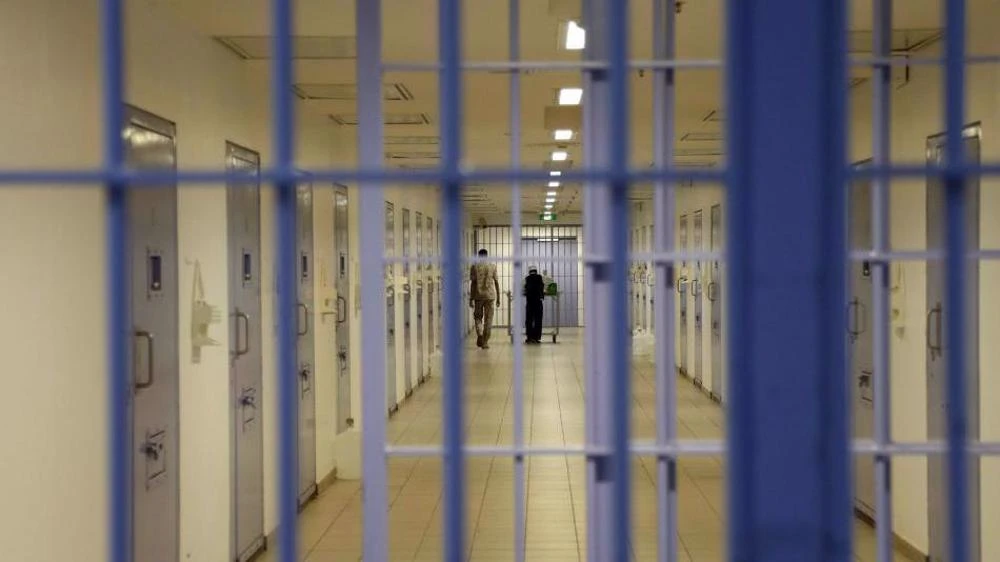Saudi cleric faces 'abuses' in prison, UN experts say

Stay tuned with 24 News HD Android App

An ageing, sickly Saudi religious scholar who has been behind bars for six years faces conditions that amount to torture, a United Nations group of independent experts said on Wednesday.
Safar al-Hawali, 76, was arrested in 2018, one of a host of prominent clerics jailed after Crown Prince Mohammed bin Salman became de facto ruler and first in line to the throne.
He has endured "a wide range of human rights abuses over the past six years, involving enforced disappearance, arbitrary detention, denial of the right to due process, deprivation of the right to health, as well as acts of torture or inhuman treatment," Markus Schefer, a member of the UN Committee on the Rights of Persons with Disabilities, said in a statement.
The committee looked into the case following a complaint submitted by a nephew of Hawali, who alleged the cleric was being held for "peaceful criticism" of Prince Mohammed.
Saudi authorities did not immediately respond to AFP's request for comment on Wednesday.
Riyadh has previously said Hawali was under investigation in connection with terrorism-related offences.
His case is not believed to have gone to trial.
Held in Riyadh's Al-Hair prison, Hawali suffers from "permanent impairments as a result of strokes" which hinder his communication and mobility, according to Wednesday's statement from the UN experts.
"He is unable to move independently, and his broken pelvis and renal failure necessitate regular medical attention."
The experts called on Saudi officials to hold a trial for Hawali "in accordance with international standards" or release him.
Hawali is an influential member of the Sahwa, or Awakening, movement that championed a strict interpretation of Islam known as Wahhabism.
He previously criticised Saudi Arabia's decision to allow US troops to use Saudi Arabia as a launchpad in response to Iraq's 1990 invasion of Kuwait.
Under Prince Mohammed, Saudi Arabia has been pursuing an ambitious reform agenda known as Vision 2030 intended to transform the formerly closed-off kingdom into a global tourism and business destination.
That has included dramatic social reforms including granting women the right to drive and sidelining the religious police.
